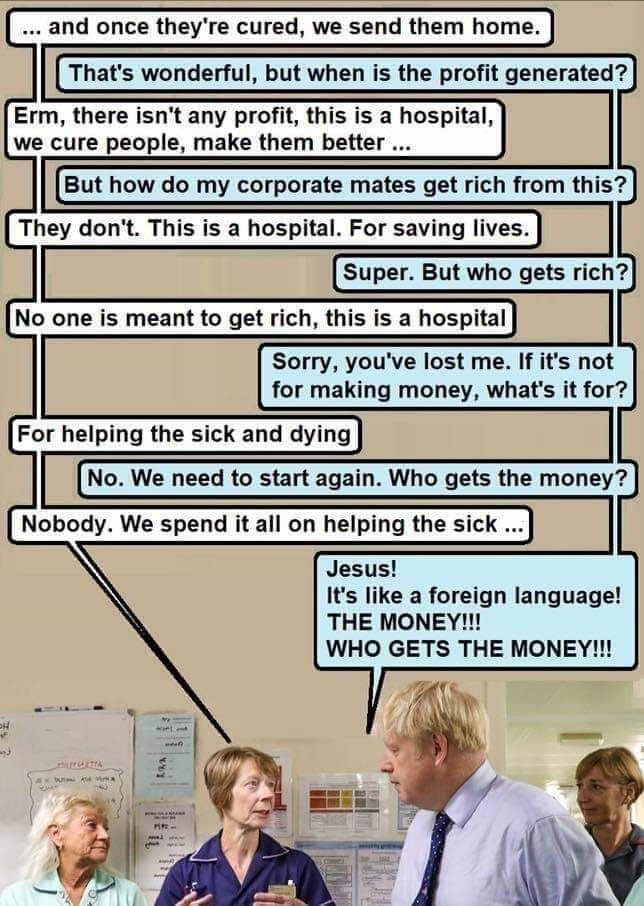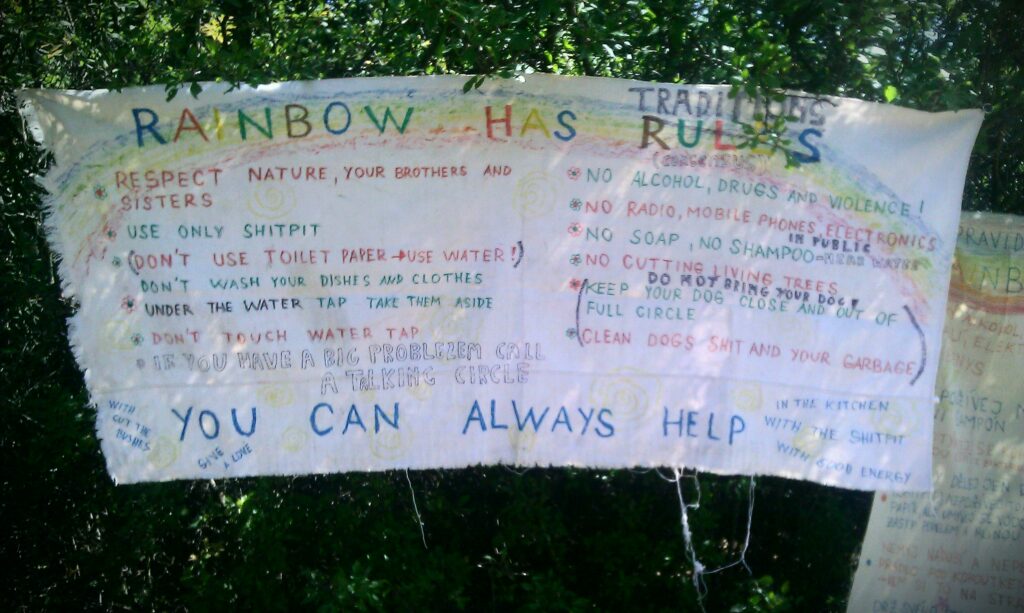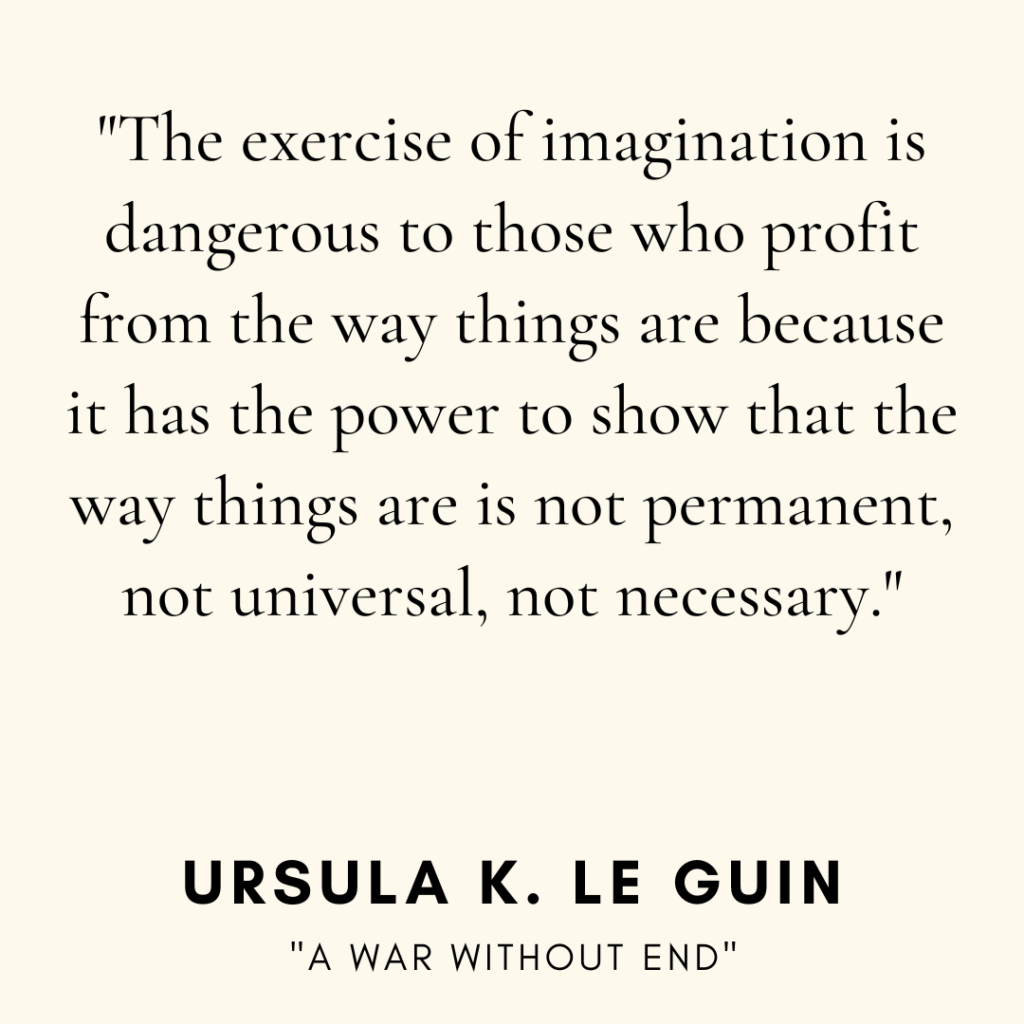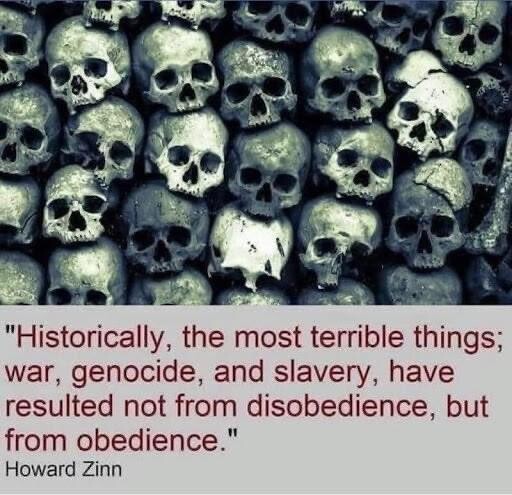
Our powerlessness feeds our desire to hate. This is not a personal failing – it’s a social design flaw. A path built on alienation and distraction will always funnel frustration into polarisation. That’s why the controversy-driven algorithms of the #dotcons (corporate social media platforms) are not just annoying, but actively harmful. They feed on our despair, and we, often unknowingly, feed on the drama they serve back to us.
It’s a closed loop of spectacle and spite, profitable to the #nastyfew but corrosive to us, the meany. An extractive business model built on social breakdown. And yet, many of us know this. So why do we stay? Because stepping away from this mess is hard. It takes more than wishful thinking. It takes movement. Not only that, but it takes organising. It takes the kind of networked activism and lived alternatives the Open Media Network (#OMN) has been building and trying to seed for the last ten years
Let us not overlook vital things, because of the bulk of trifles confronting us.
Truth isn’t declared, it’s built. #Postmodernism taught us that truth is slippery. That’s fine, but in the hands of #mainstreaming culture, that slipperiness has become a tool of endless distraction and decay. People say things like they are true because they feel true. They build tech platforms because they believe in them. They sell movements as brands because it looks like change. But let’s be honest: wishing something into truth does not make it true.
What makes things true is collective struggle, shared purpose, and concrete acts of solidarity. A load of social work, grounded activism, and careful trust-building make something true. This is the hard path, but it’s also the only one worth walking, and when we do it together with joy it’s the happy path.
Pettiness separates; breadth unites. Let us be broad and big.
The #geekproblem, again, is too often a part of this mess. Writing code is seen as a kind of truth declaration. “Look, it runs! So it must be real!” But a thing that compiles is not the same as a thing that lives. Tech without community is a corpse. For anything to matter, you need people. And to keep people, you need some rough-and-ready PR. You need actual engagement. You need trust, time, and probably a bit of music and food too. We can’t engineer our way out of this crisis. We have to organise our way out.
The #Lifecult vs. the #Deathcult. What we’re up against isn’t just bad ideas, it’s a worship of stability, spectacle, and control, the illusion of movement through aesthetic alone, no real challenge to the dominant system. It feels warm. It promises safety. But it leaves no room for difference, contradiction, or rebellion, this is inside both “cult”.
It requires less mental effort to condemn than to think
This is why we don’t need worship, we need practical action. Change and challenge are not side effects of our projects – they are the sharp point. We don’t do this work to be liked, we do it because there is no other way to make things true. And if we do this together, it becomes fun and meaningful – we create social “truth”.
Working with the #Eurocrats (and other impossible people). Let’s talk about the institutions. The #EU. Local governments. #NGOs. Big tech “allies.” They are hopelessly incompetent when it comes to grassroots tech and progressive social change. But here’s the thing, they will not go away on their own. If we don’t push, the right-wing will step in and push harder. That’s mess is already happening.
Revolution is but thought carried into action.
So we take the harder path, we show up, try to guide. We keep the door open even when it slams in our face. And yes, it’s exhausting. We’ve tried to work with #mainstreaming people. Many are unbelievably vile, and worst of all, they have no idea they’re behaving badly. They don’t see their role in the decay. They don’t see the crisis, because the spectacle of control makes everything look fine.
But we see it, and we are not powerless, refusing the mess is about rebuilding the commons. Yes, the current #mainstreaming is a mess. A deep, systemic, soul-grinding mess. But we should not put up with it. That’s what #OMN is for. That’s what projects like #indymediaback, #OGB (Open Governance Body), and the broader #openweb movement are trying to hold space for.
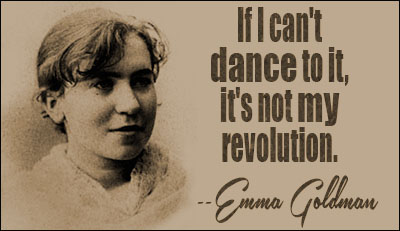
We don’t need more hype. We need slow, messy, grounded work:
- Listen more than we preach.
- Read each other’s code, politics, and history before rewriting.
- Talk about our failures honestly.
- Grow media and networks that are native to community, not layered on top like #dotcons digital colonialism.
- Build up our own cultures of care and collaboration in the #openweb to replace the dying ones.
This is fun, not a strategy of purity or perfection, it’s a strategy of survival, and even joy.
Ideas? Responses? This is not a closed story, it’s a beginning. If you’re reading this and feeling the weight of it, good. That’s where we start from. But let’s not stop there. Come build, talk, and argue. Come plant seeds, come help make the mess into compost.
All the quotes are from Emma Goldman

